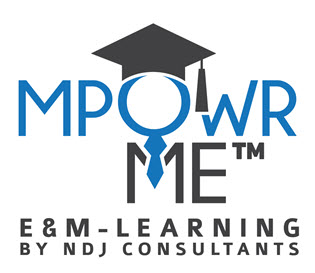
R500.00
Sign In Sign in to register for this training programme
Learning Outcomes
| When you’ve organised and planned well, you’re in a position to make better decisions |
| Organising and planning also help you anticipate needs and problems, and identify available choices |
| Organising and planning help you get your work done accurately, avoiding costly mistakes |
| Organising your work and planning ahead helps you be more efficient and productive |
| Being well organised and developing effective plans also allow you to achieve important goals and objectives |
Description
This programme helps with understanding the key elements of planning and organising and shows how they can be readily applied to a work environment. It will assist in identifying and prioritising the tasks and activities needed to achieve both business and personal / professional goals.
Outline
| 1. Introduction | |
| Defining Planning and Organising | |
| 2. Time Management | |
| The Importance of Time Management | |
| How do Average People Manage Time? | |
| Signs you have Poor Time Management Skills | |
| Top Baseline Time Management Skills (Must-Have) | |
| 3. Planning | |
| Establishing Clear and Attainable Goals and Objectives | |
| Creating a Work-Breakdown-Structure (WBS) | |
| Resources Allocation and Scheduling | |
| Risk Management | |
| Proactive vs Reactive | |
| 4. Prioritising | |
| Prioritising Workload for Effectiveness and Efficiency | |
| Establishing Activity Dependencies and Critical Tasks | |
| Identify Bottlenecks and Problems in Processes | |
| Activity Monitoring and Evaluation | |
MPowrMe ™


